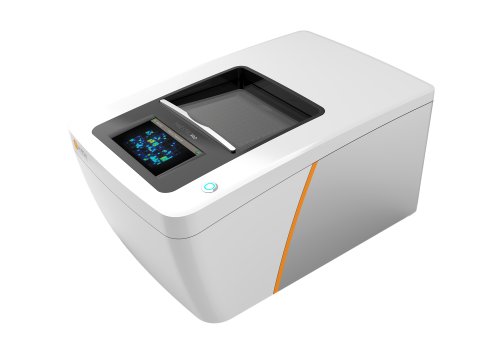Ntranos A, Park HJ, Wentling M, Tolstikov V, Amatruda M, Inbar B, Kim-Schulze S, Frazier C, Button J, Kiebish MA, Lublin F, Edwards K, and Casaccia P.
Brain, 2021.
Scientists use Axion’s bioelectronic MEA platform to demonstrate that metabolites associated with multiple sclerosis directly impair neuronal physiological function.
An imbalance in gut microbiota is believed to play a role in multiple sclerosis (MS) and other diseases through multiple pathways, but this relationship is not well understood. In this study, researchers used cultured rat neurons exposed to cerebrospinal fluid (CSF) from people with and without MS, before and after treatment with dimethyl fumarate (DMF), to identify phenol and indole groups of metabolites produced by gut microbiota and demonstrate their potential neurotoxic effects in the CSF. DMF is an approved disease-modifying therapy for certain types of MS and has previously been shown to have a significant effect on the composition of the gut microbiome.
To validate the hypothesis that the metabolite groups identified in the study are associated with neurotoxicity, the researchers used Axion’s Maestro Pro multielectrode array (MEA) platform and found a progressive and dose-dependent decline of neuronal firing activity with exposure to the compounds. Taken together with results from other testing methods, the findings suggest that metabotoxins play an important role in neurologic disease and may yield promising therapeutic targets in the future.


